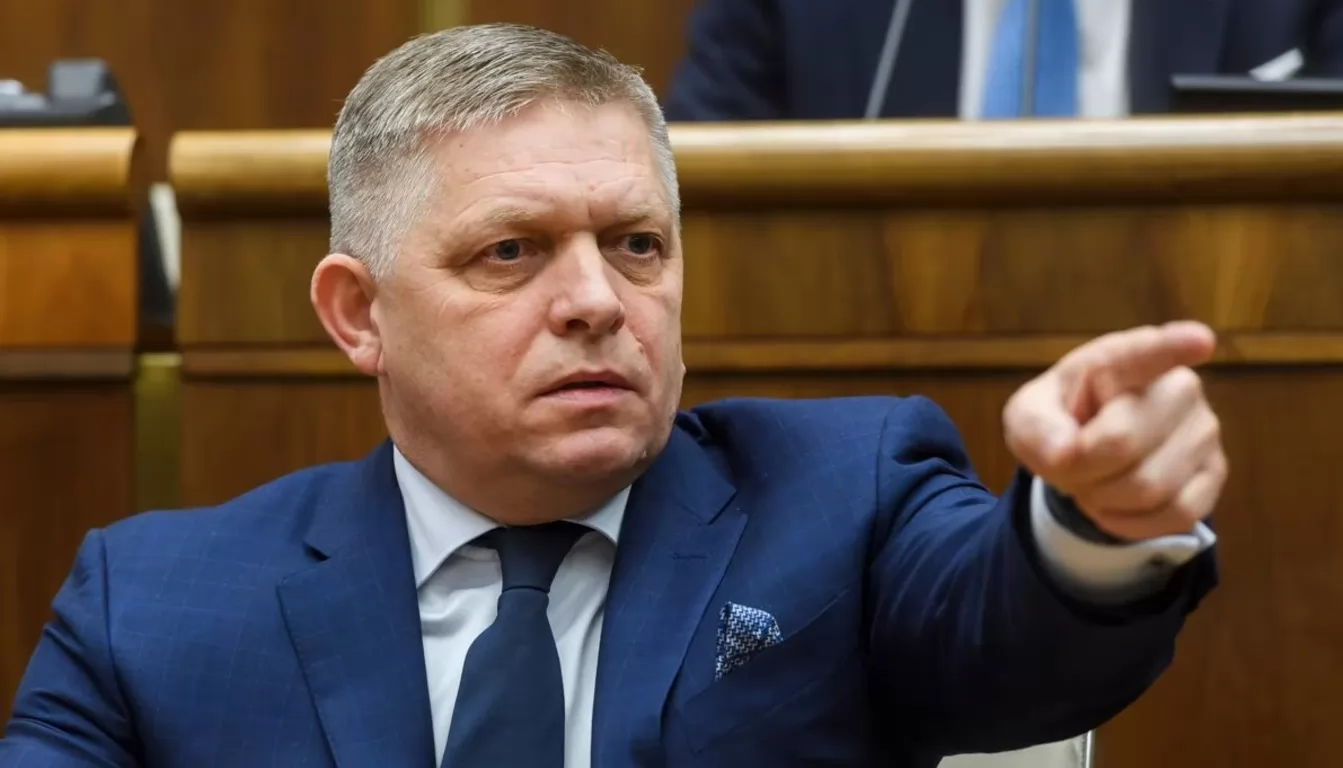Saving the life of the Prime Minister, punishing the guilty, and uncovering their motives — none of this will calm the crisis that Slovakia is facing.
Returning to the past
Slovakia has a rich history of “bringing order”. The liberal part of the population, upon hearing these words, recalls not only the threat of autocracy, as in the case of Viktor Orban, but also 40 years of communist dictatorship or the fascist Slovak State during wartime. However, more and more people in Slovakia, fueled by nostalgia and low expectations, are willing to accept what such regimes promise — and in a sense, it is understandable why.
Over the past five years, Slovakia has experienced changes in governments, unsolved murders, mass protests, a catastrophic Covid pandemic, Russia’s invasion of Ukraine, an influx of refugees, and record inflation. Each of these events spawns different thoughts. Some call for freedom, responsibility, and equality; others call for a strong state, security, and order of an autocratic system.
Societal subconscious
Recently, there was an assassination attempt on Slovak Prime Minister Robert Fico. Journalists believe that the situation will only worsen, regardless of whether they save his life, punish the guilty, or uncover their motives.
However, this is not the only case of political violence in Slovakia. In the 1990s, a witness, Robert Remias, was murdered. In 2018, journalist Jan Kuciak and his fiancée Martina Kusnirova were murdered, prompting mass protests and forcing Fico to step down.
A significant part of Slovak society lives in fear that the anger of some disillusioned individual may escalate into an act of violence. Slovak President Zuzana Caputova noted: “What happened [to Fico] was an individual act, but the accumulated hatred was a collective act.”
Although coalition politicians call for not spreading hatred, they themselves actively foment hostility towards independent media. Influential ally of Fico, Lubos Blaha, directly accused liberal media, the opposition, and some politicians of an attack.
Should we expect a civil war
“Right now, coalition politicians are calling for calm, but they are the ones fueling the crowd’s anger. They call for increased security, but promote laws that threaten the security of both public figures and each of us. They weaken the courts, limit punishment for corruption, and undermine democratic institutions,” The Guardian newspaper writes about the situation in Slovakia.
Fico and his allies see politics not as serving citizens, but as an opportunity to exercise feudal rights to power and property. For them, the country is a homeland from which they must extract maximum benefit. They are willing to change the constitution, laws, introduce censorship, and weaken democracy to achieve their desired goal, the newspaper believes.
It is worth remembering that The Times newspaper wrote that the attack on Robert Fico could lead to a civil war, as Putin enjoys chaos. It is also known that the Prime Minister of Slovakia underwent another surgery. The hospital reports that he is conscious and in stable condition.


